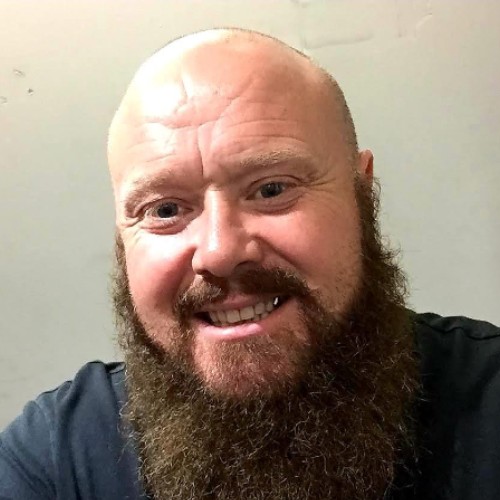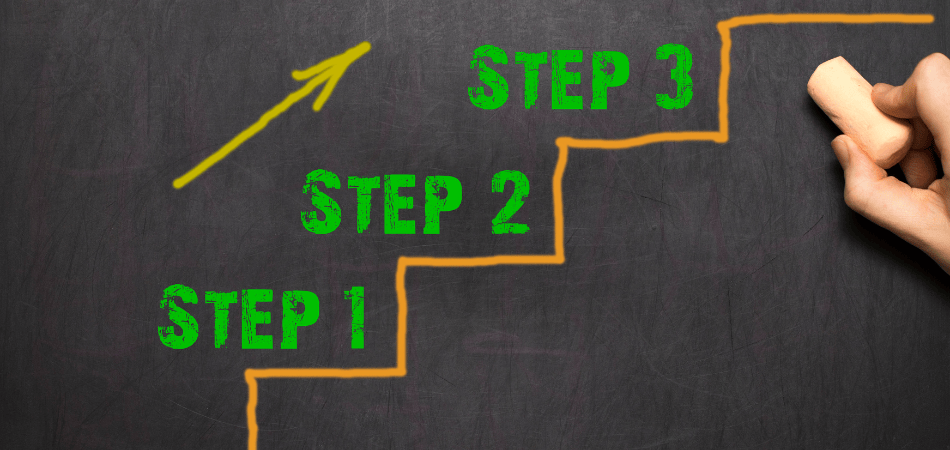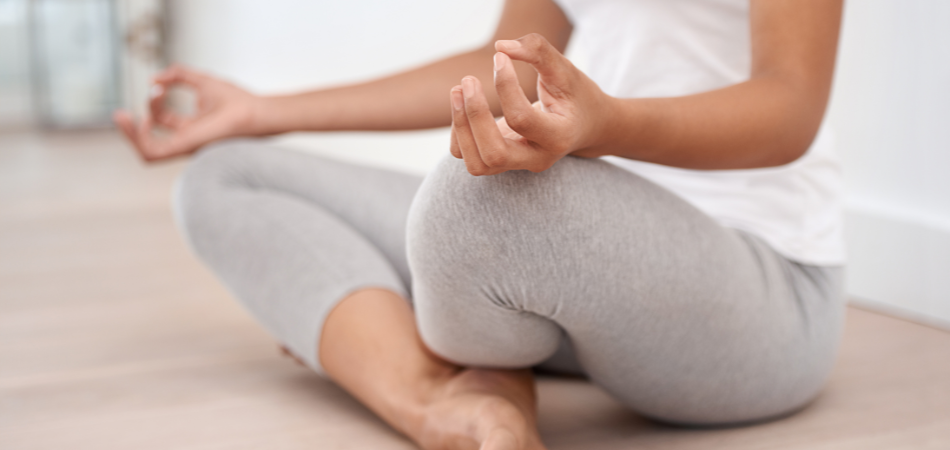
Written by:
This Page was last reviewed and changed on January 17th, 2023
12 Step Programme
Addiction can be a huge challenge to overcome, but the 12 step programme has helped many people in their journey to recovery.
At Primrose Lodge, we wholeheartedly believe in the transformative powers of 12 step therapy and combine it with a number of other proven therapies during rehab treatment to address the root causes of addiction and offer you the skills and methods needed to gain long-term sobriety. Our qualified counsellors and therapists are highly proficient in delivering the 12 step programme. In fact, many of them are a testament to its effectiveness as they have successfully completed the programme themselves.
What is the 12 step recovery programme?
The 12 step programme originally evolved from the principle that only someone who had experienced addiction themselves could help another person to achieve and maintain sobriety. It was developed in 1938 by Bill Wilson and Dr Robert Holbrook Smith, two alcohol addiction sufferers who found that by practising the 12 step principles they were able to help each other stay sober.
They carried the message of 12 step to other alcoholics and the fellowship of Alcoholics Anonymous was born. Over the years, 12 step has been adapted to successfully treat a vast number of addictions including drugs, alcohol, gambling, sex and eating disorders.
What are the 12 steps included in the programme?
No two people are the same and everyone who suffers from addiction has their own unique story and experiences. The 12 step programme offers a universal framework for all those seeking sobriety but with the understanding that each individual journey is unique.
Here are the 12 steps that have proven life-changing for millions of people around the world:
- I admit that I am powerless over my addiction and that my life has become unmanageable.
- I believe that a greater power than myself can help me to restore sanity to my life.
- I make a commitment to turn my will and my life over to the care of this greater power.
- I take an honest inventory of myself and acknowledge all wrongs that have been done.
- I am willing to admit these wrongs to myself, others, and the greater power.
- I am ready to have my wrongs removed and accept the guidance of the greater power in restoring me to sanity and right living.
- I humbly ask for the strength to change any behaviour that is harmful or destructive.
- I make a list of all persons who have been hurt by me and I seek to make amends for these wrongs.
- I make a direct effort to repair the damage done by my addiction wherever possible.
- I take responsibility for myself, learn from past mistakes and strive not to repeat them in the future.
- I deepen my relationship with the higher power through prayer and meditation.
- I strive to reach out and help other people who are still suffering from addiction.
What does the 12 step programme at Primrose Lodge involve?
At Primrose Lodge, you will receive a comprehensive overview of the 12 step programme for addiction and complete the initial steps. This will assist you not only during your time spent in rehab, but long after you leave as well. The number of steps completed at Primrose Lodge differs depending on how clients stay with us, with rehab extended programmes enabling you to progress further through the steps.
12 step therapy works by holistically treating both the mind and the spirit. The process of the steps will bring about a change in your thoughts and perceptions, enabling you to make a full and permanent recovery from addiction. It works on the basic principles of open-mindedness, willingness, and honesty and encourages you to work on the issues your addiction has caused, embrace your assets and help others.
Accepting responsibility is a big part of the 12 step programme. By accepting that it is your addiction and your resulting behaviours that have caused the problems in your life, you can make the necessary changes which will help you to rebuild relationships, restore your health and give you a new lease of life.
Our 12 step programme will allow you to connect to your true authentic self and help you to see that addiction does not need to play a role in your life by redirecting your attention towards positive thoughts and behaviours. This will help you find peace and focus your energies on living a more healthy and productive life without the need for substances or addictive behaviours.
The challenges and rewards
The fourth, fifth and ninth steps of the twelve-step programme – understanding addiction’s impacts on yourself and others, admitting your mistakes and asking for forgiveness – are usually the hardest. However, it is these stages which are most critical in helping you to transform your life.
It’s normal to feel scared when you’re about to confront your addiction, but it’s an important part of the recovery process. Facing up to the truth and admitting how much damage your addiction has caused is vital for getting better. It might be difficult at first, but once you start dealing with repressed emotions and thoughts, you’ll feel a lot better mentally and emotionally and gain a sense of control over your addiction that will help you in the long-term recovery process.
James, who is part of our admissions team and has gone through the 12 steps recovery programme himself, explains how impactful step nine (forgiveness) can be:
“The ninth step is both the scariest and the most rewarding. Addiction can lead to a lot of anger and resentment but if you can summon the courage to apologise to the people your addiction has harmed, it will help everyone involved to heal and move on. This will also enable you to let go of what’s happened in the past, forgive yourself and focus on your future. I would never have been able to do this if I hadn’t done the 12 step programme.”
If you want to find out more about the 12-step programme at Primrose Lodge, make sure to get in touch today.
Frequently asked questions
As our former client Daniel explains:
“Get to a higher power. It could be God, could be a long-lost pet, anything. Higher power is love.”




